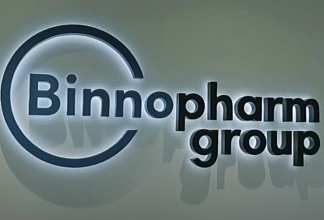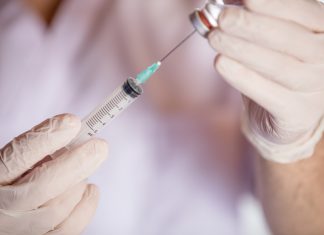The drug provision for citizens is not as effective as it should be. Residents of Russia’s regions do not have equal rights to receive high-quality medical treatment, Deputy Chairperson of the Accounts Chamber of Russia Galina Izotova said at the “government hour” in the State Duma.
She noted that in some regions the approved VED lists are inconsistent with the federal requirements. In addition, some regions are reducing the lists of population groups entitled to receive medicines free of charge.
“In 2022, the government adopted 36 anti-crisis measures in the field of healthcare, most of them related to pricing and legal regulation of the turnover of medicines and medical devices. The Accounting Chamber considers the measures justified. We plan to evaluate their effectiveness next year,” Izotova said.
She drew attention to the fact that in remote rural areas the accessibility of medical care is low, and the infrastructure is underdeveloped.
“It is worth noting the effective work of the Ministry of Health in terms of providing village first-aid stations and general medical practice centers with licenses for the release of medicines for rural residents. However, these institutions need financial resources to distribute medicines to patients, and there are currently no mechanisms for the allocation of these funds,” Izotova said.
In December 2021, Russian President Vladimir Putin signed the law on the federal budget for 2022 and the planning period 2023-2024. In the budget for 2022, the amount of the total financing of drug provision for certain categories of citizens was stated as 179.2 billion rubles.




